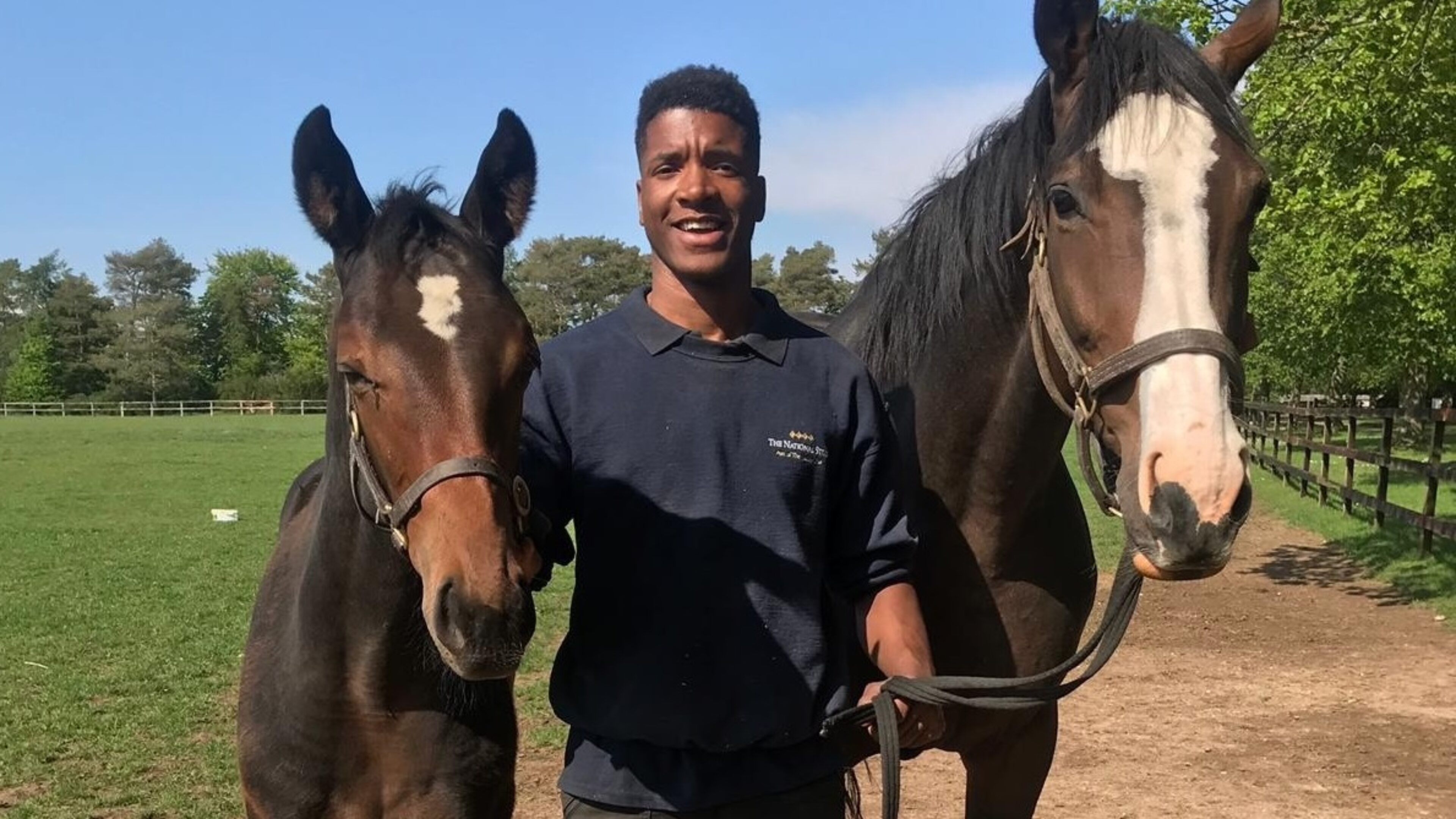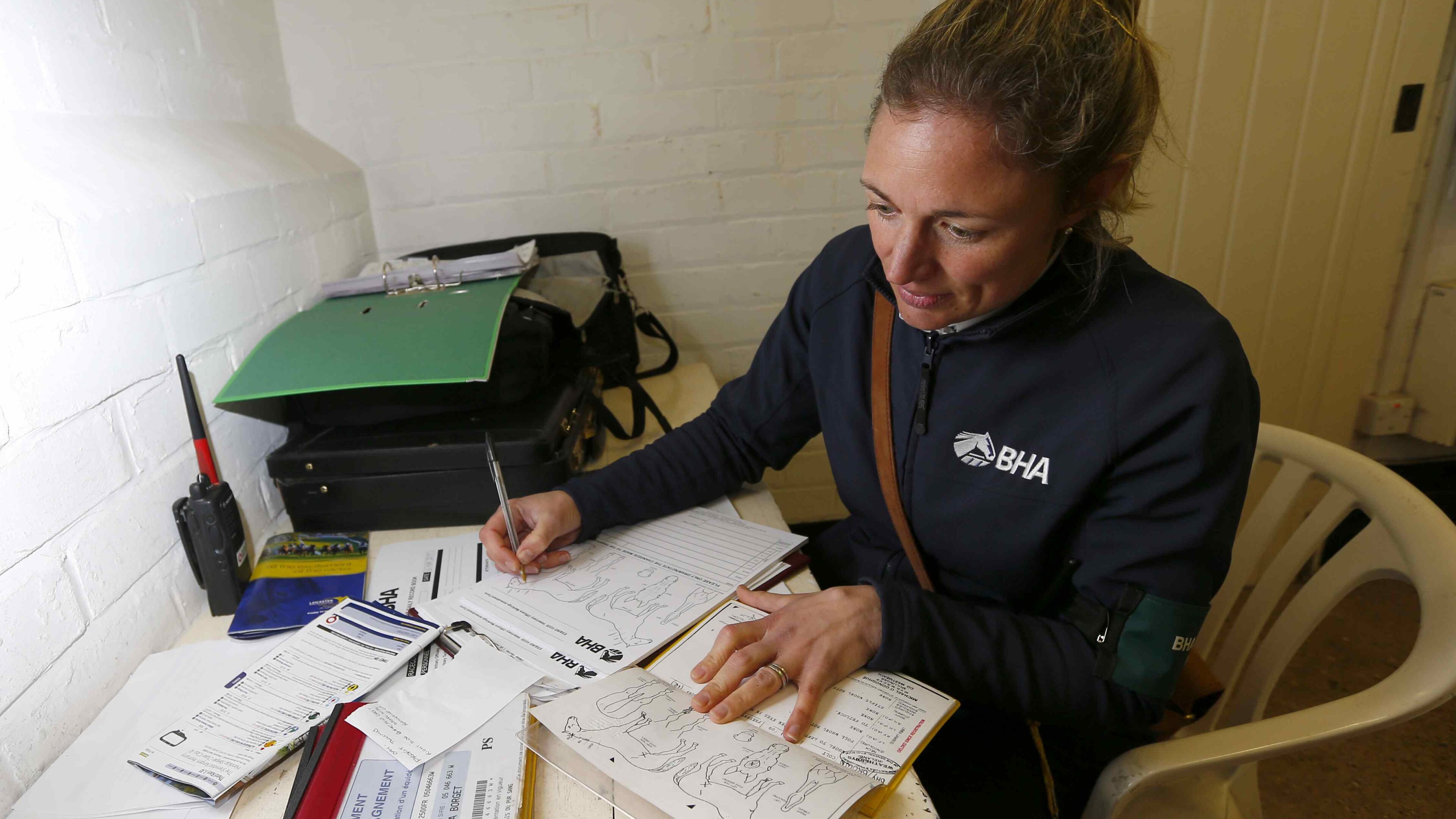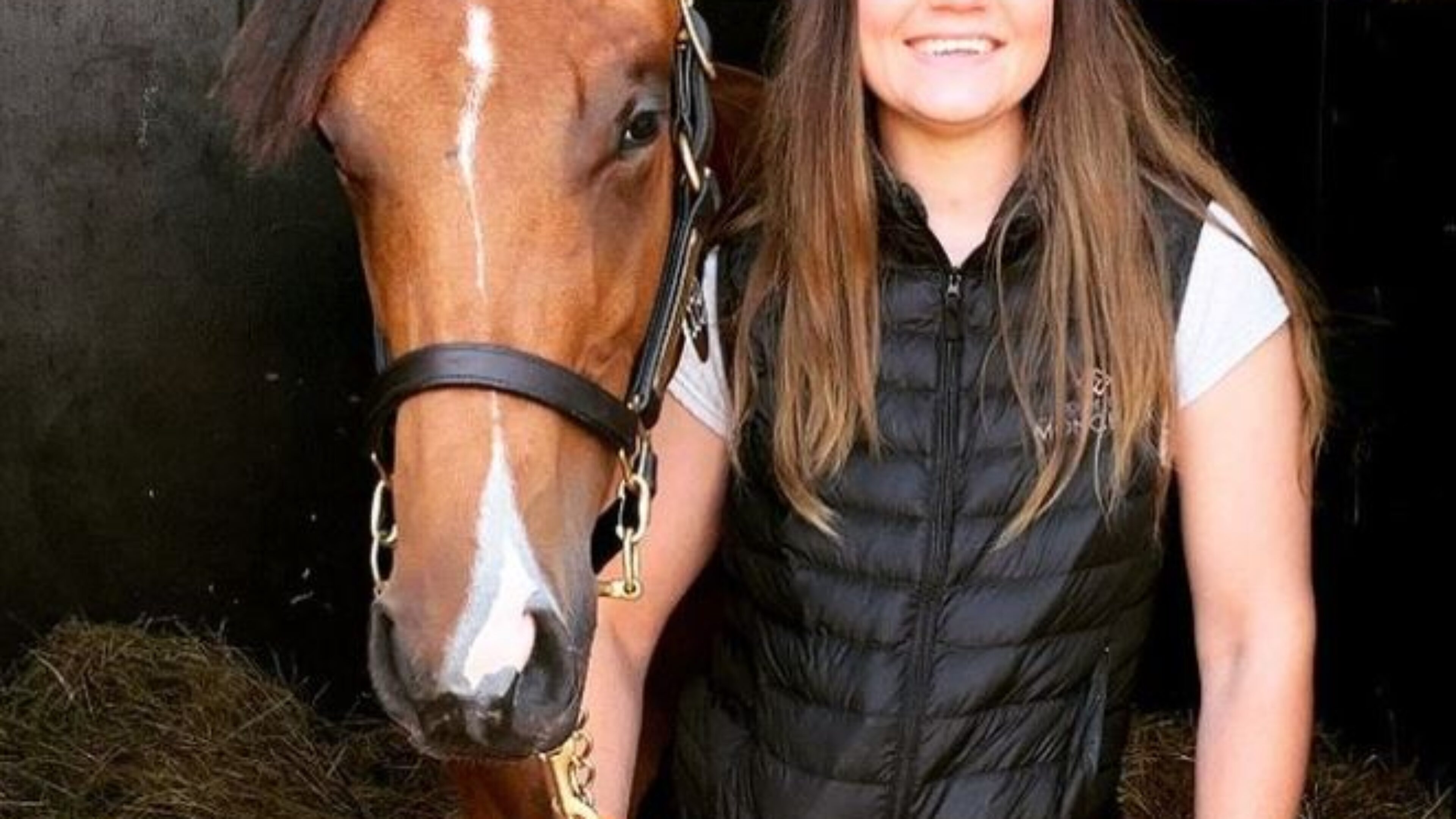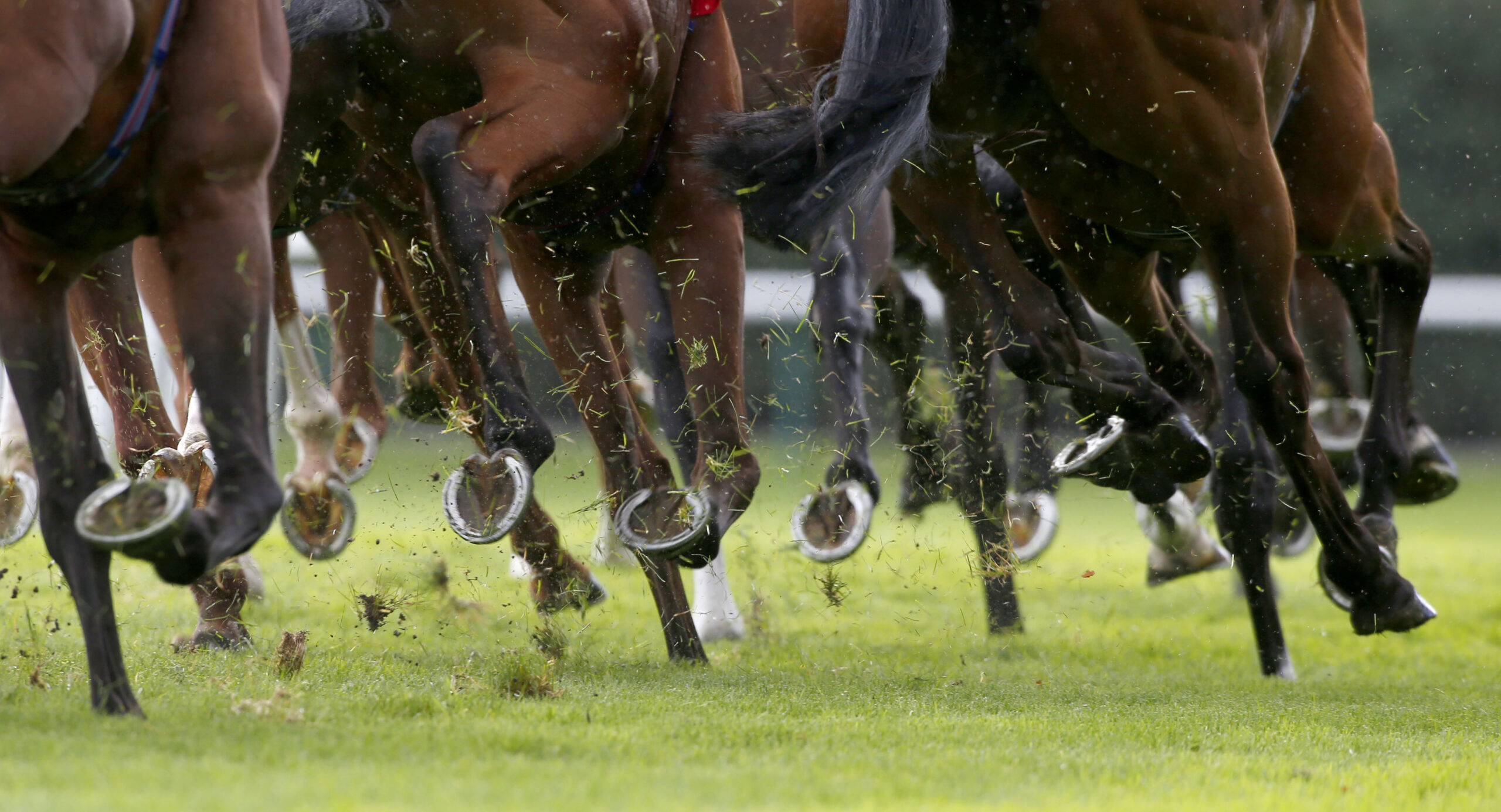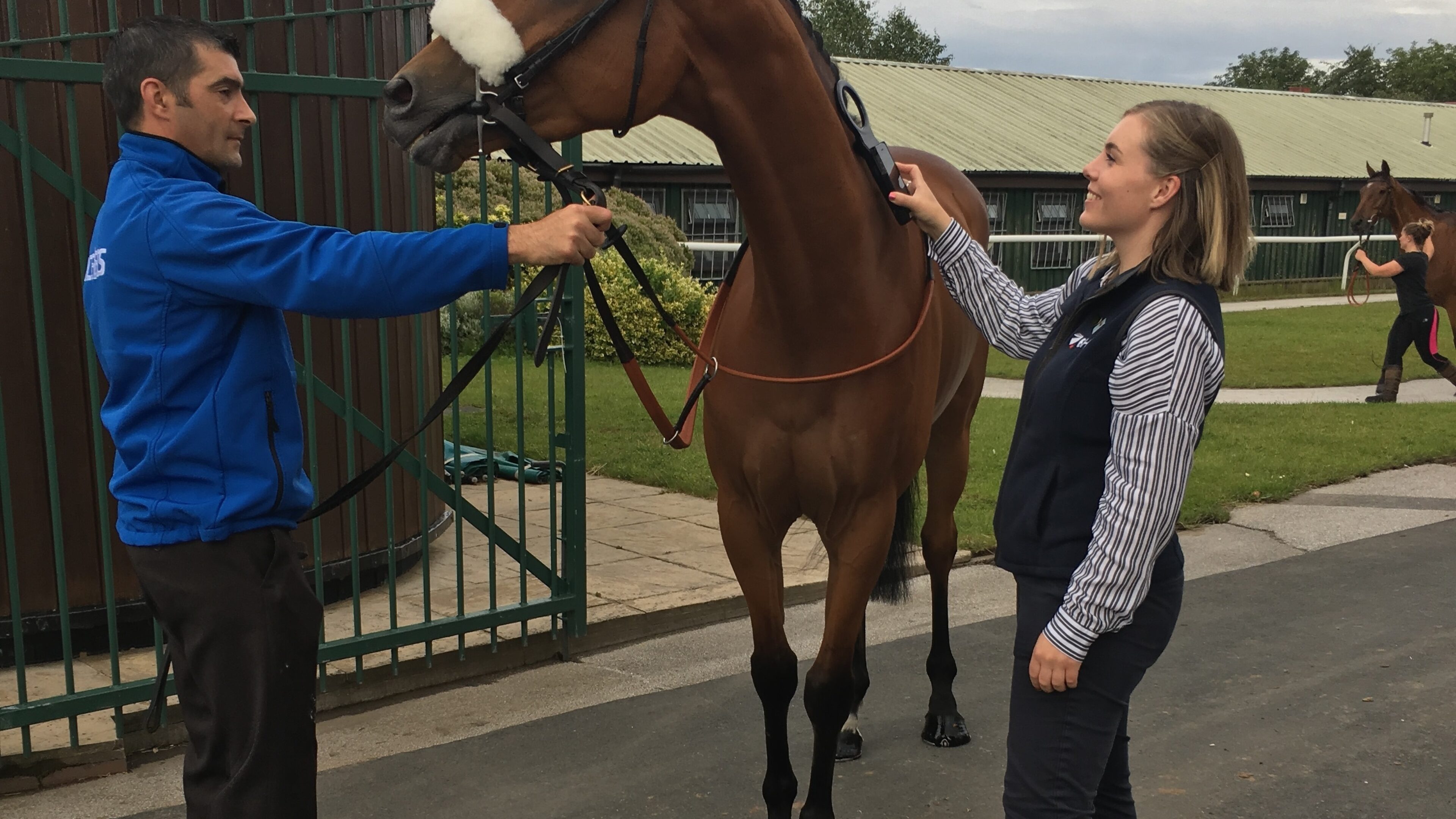
Case Study – Louise
“The best advice I would give someone starting their career in racing is get as much work experience as possible”
Louise is an Equine Welfare and Integrity Officer and here is her career story.
“I first started out in the industry working for Alan King after enquiring into an advert in Horse & Hound Magazine, it was quite a shock to the system, as I was used to riding eventing horses, but eventually I adjusted to the style of riding and fell in love with the job, the sport and the industry. I was keen to develop my skills and learn more about the industry and obtained work experience at Bangor Racecourse.
I then took on various short-term roles as opportunities arose to gain a broader understanding of the sport as a whole, including Racing Operations Assistant at Cheltenham Racecourse and taking part in the British Horseracing Development Programme which gave me a 3-month work placement with Arena Racing Company shadowing the Clerk of the Course at lots of different tracks around the country. My aim was to become an Equine Welfare and Integrity Officer and so when a position became available, I applied straight away.
My normal working day depends on whether my daily duty will be based at the Stables or in the Sampling Unit. I usually arrive at the racecourse 3 to 4 hours before the first race.
If I am based at the Stables, I will be scanning all of the horse’s microchips as they enter the yard to ensure that the correct horses have arrived on the correct day, and assign them a box, as well as signing in the Stable Staff that accompany the horses to the racecourse. We also scan each horse as they leave the Stable Yard before racing, to ensure that the correct horse in running in the correct race.
If I am based at the Sampling Unit, I am responsible for checking horse’s passports at the stable yard – particularly if it’s their first time at a racecourse, or they have travelled from a foreign country.
When racing starts, I am based in the Sampling Unit, taking post-race Urine Samples, usually from the winner of each race, but this is decided by the Stewards. Each sample must be witnessed and signed for by the trainer’s representative, usually the Racing Groom leading up on the day. At the end of the day the samples are locked into a freezer bag and sent to the lab for testing. It is important to test horses regularly to safeguard the integrity of the sport.
The best advice I would give someone starting their career in racing is get as much work experience as possible, I did most of my work experience unpaid, but it paid off in the end!
Most importantly, work for a racehorse trainer, the more hands on experience you can get, the better understanding you’ll have of the people and horses at the centre of the sport.”
